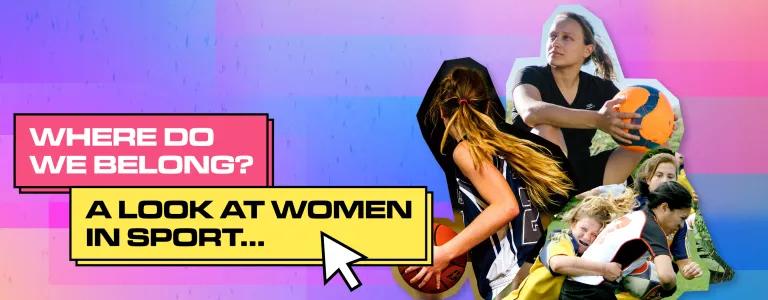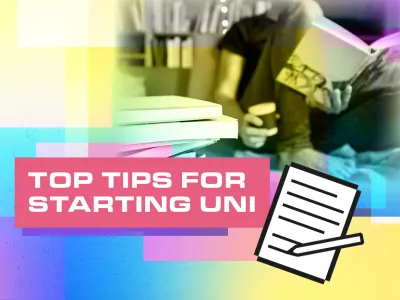
Where Do We Belong? A Look At Women In Sport…
Ahead of a busy summer sporting schedule, a recent BBC advert, called We Know Our Place, addresses the discrimination of women in sport. However, it also demonstrates the determination of women to react against this and make their own place. This advert sends a strong message to the nation (and perhaps even internationally), that women belong in sport, therefore directly counteracting common stereotypes. This advert is extremely important with the summer ahead, with the Commonwealth Games and UEFA Women’s Euro Cup, both of which are being held in the UK, therefore giving the UK a vital opportunity to address the current sexism within sport.
This begs the question “where do we belong?” Old fashioned people would probably say “in the kitchen”, but obviously we belong wherever we want to be, whether that’s in politics, science, or sport. With the summer ahead it is important to acknowledge the stereotyping and hidden discrimination that women constantly face day to day in sport, in particular in football (the biggest sport in the world), and netball (the biggest female sport in the world).
First, let’s focus on football. The most shocking thing within football is the gender pay gap. According to a BBC article from July 2019, FIFA awarded the equivalent of £24 million in prize money to the women’s team in the 2015 tournament, but awarded £315 million to the 2018 men’s World Cup . This was over 10 times more! This clearly conveys the large discrepancies in football, that is further reflected across all sports. So what are the causes of this? Simply, there is a lack of funding and sponsorship within women’s football, which means that major TV channels are not broadcasting it and it’s not as easy to watch. This same narrative is found in other sports, like ruby, netball and cricket. This shows the real reluctance of big businesses to invest in female sport, most likely due to ongoing stereotypes and old-fashioned ideals.

Second, some people believe there is a huge bias against netball as an all-female sport, which is possibly one of the reasons why it hasn’t been able to penetrate sport culture in countries outside the Commonwealth. What I find interesting about netball is the massive outpour of discontent it causes, being a sport that does - unfortunately - have a history of neglecting men, with there still being an absence of male pathways to progress within the sport. Due to this, there has been backlash from society, and has led to many people criticising the sport. However, is this not what happens in all other sports? Is there only an issue when looking at a sport dominated by women? It is clear that this is the view of many in society, therefore preventing netball from joining the Olympics, gaining higher sponsorships and better media coverage.
Another overwhelmingly different factor when it comes to women’s sports, is that it’s still called ‘women’s sports’.. If men play rugby, it is called ‘rugby’, but when women play it is called ‘women’s rugby’. This simple vocabulary change alludes to the view that only men play real sport and when women do it is no longer a proper sport. This phrasing is then spread further by the media. The media spreads even more negativity towards women’s sport by the lack of coverage it provides. According to a UNESCO report, despite making up 40% of those who participate in sport, women only make up 4% of sport media coverage . This demonstrates the misrepresentation within the media, thus causing stigma around women’s sport.

Personally, I have two favourite female athletes: Jo Harten and Helen Housby. To the average person these names may be unfamiliar, but as a keen netball player, umpire, and coach, I adore these two athletes. It all started back in 2018, at the Commonwealth Games. These two shooters remained calm under pressure the entire match, including during Helen’s penalty shot taken after the final whistle had blown, which meant England took the one goal advantage, and won the tournament. Since then I have been engrossed with elite netball, particularly in Australia, where Jo captains her team the Giants, and Helenwho is the resident Goal Attack for NSW Swifts. They both lead their teams well, keep calm despite the intense pressure, and love a good long bomb, just like myself! They are both first and second on the number of super shots (shots taken from the shooting zone) they have taken this season, with Helen shooting 56 and Jo shooting 53.
All in all, I ask the question again – where do we belong? At the moment sport culture tries to push us out, but if we show strong determination and resilience, like so many brilliant women have, we will continue to push barriers and lead ourselves to equality in sport, including equal pay and better media coverage.



